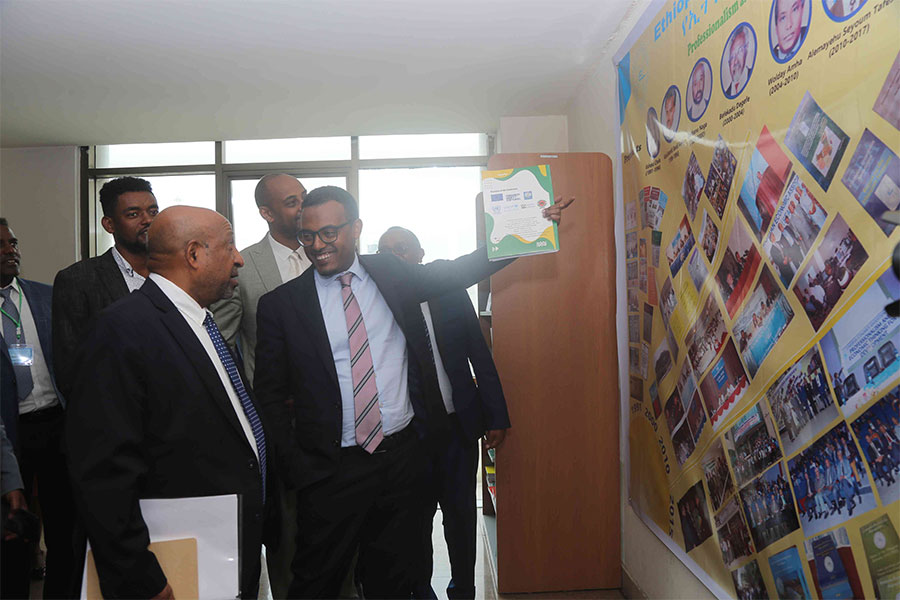
A development index has ranked Ethiopia 128th out of 163 countries in terms of progress in attaining sustainable development goals (SDGs). The Multidimensional Development Index (MDI) measures progress on a range of social and economic indicators, including health, education, and income. The index was availed at the 20th Ethiopian Economics Association conference last week, where nearly three dozen papers on several aspects of the Ethiopian economy were presented. The two-day event at the Association's headquarters around the CMC area saw opening remarks from Mamo Mihretu, governor of the National Bank of Ethiopia (NBE) and Berhanu Nega (Prof), minister of Education. Berhanu, who was the third president of the Association, attended the ceremony for the first time since his return to the country five years ago. He indicated that the recently ratified proclamation on the autonomy of public universities is cited as the general effort to create spaces where free thinking can flourish separately from the state while disclosing that Addis Abeba University will become autonomous in three months. During the presentations, a human development index conducted over the last six years in Oromia Regional State showed a 0.545 score which was a 1.4pc decline from the prior year. Poor investment in relation to saving rates was also showcased in the regional state, which accounted for 31pc of FDI investments in the country while posting saving rate numbers of around 27pc. The central bank Governor apprised attendees that the country finds itself in an unprecedented funding squeeze. He suggested that the prevailing economic realities of the country, marked by high inflation, significant foreign and domestic debt, and declined foreign assistance, require novel research and policy tools. "We should be careful of hyper-ideological absolutism," said Mamo.
[ssba-buttons]